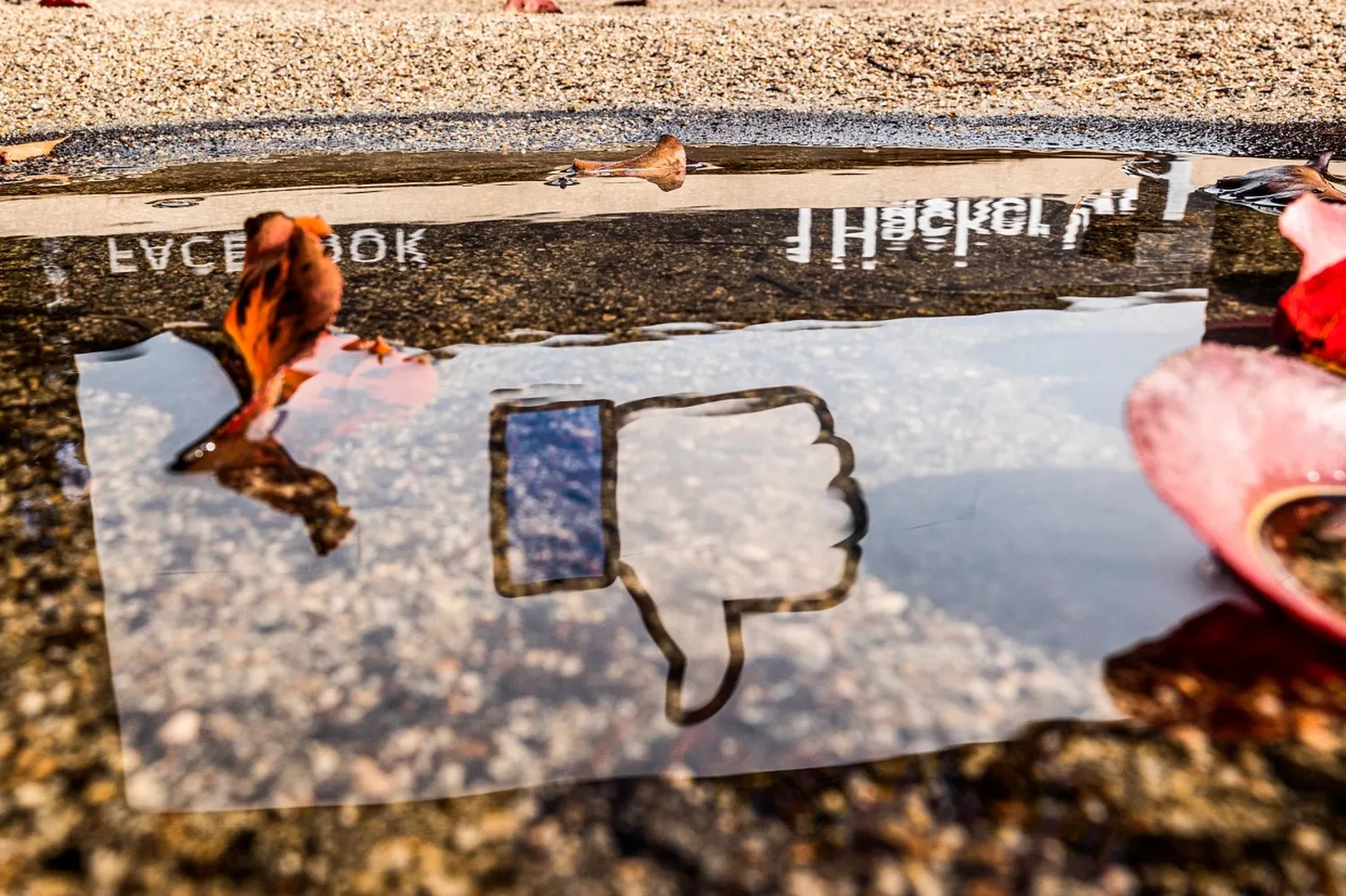Social Media Censorship
Supreme Court Leans Against Limiting Biden's Social Media Intervention
Washington, D.C. – In a significant legal battle that could reshape the boundaries of free speech in the digital age, the Supreme Court on Monday seemed inclined to side with the Biden administration over a Republican-led challenge aiming to restrict federal officials' ability to engage with social media platforms.
The case, stemming from efforts during the early months of the Biden administration to address misinformation on platforms such as Facebook and X (formerly Twitter), has drawn widespread attention for its potential implications on how government officials can communicate with social media companies about content moderation.
During the oral arguments, justices across the ideological spectrum expressed skepticism toward the argument that the federal government's interactions with social media platforms amounted to unconstitutional coercion. The case, known as Murthy v. Missouri, arose from accusations by Republican attorneys general in Louisiana and Missouri, along with several social media users, alleging that the administration exerted undue pressure on platforms to moderate or remove content, particularly views opposing COVID-19 vaccines and election integrity.
Justice Amy Coney Barrett, among others, questioned the plaintiffs' stance that even encouraging platforms to address certain types of content could be seen as coercive. The justices probed the nature of the communications between government officials and the platforms, with several noting the absence of evidence that punitive actions were threatened against the platforms for non-compliance.
The legal battle has highlighted the complex interplay between the government's role in combating misinformation and the First Amendment rights of social media users. Lower courts had previously issued rulings that favored the states, imposing restrictions on the administration's contacts with social media companies. However, the Supreme Court's decision to hear the case has put those rulings on hold, pending a final judgment.
The Biden administration has defended its actions as part of its responsibility to protect public health and safety, arguing that dialogue with social media platforms is essential for addressing misinformation that can lead to real-world harm. Solicitor General Elizabeth Prelogar, representing the administration, emphasized the distinction between persuasion and coercion, asserting that the government must be free to inform, persuade, and criticize platforms' handling of misinformation.
As the Supreme Court deliberates on this closely-watched case, its decision is expected to have far-reaching consequences for the regulation of online speech and the future of government interaction with social media companies. A ruling in favor of the Biden administration could affirm the government's ability to engage with platforms on content moderation issues, while a decision for the plaintiffs might significantly limit such interactions, potentially altering the landscape of digital free speech and misinformation management.
The Court's decision is anticipated by the end of June, setting the stage for a landmark ruling on the limits of government influence over social media content in the lead-up to the 2024 presidential election.

